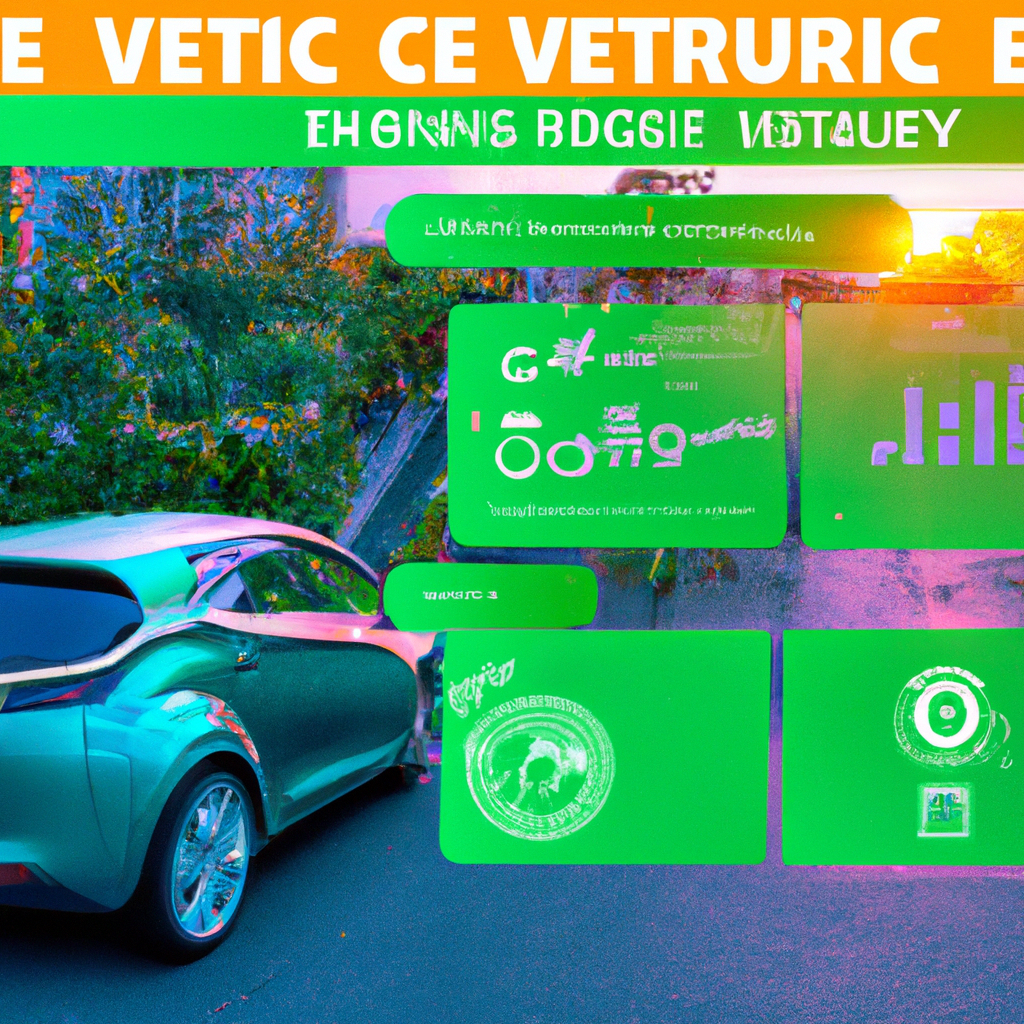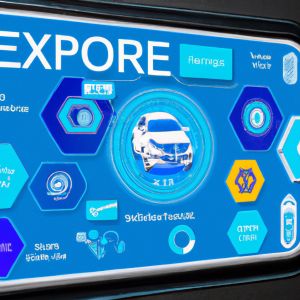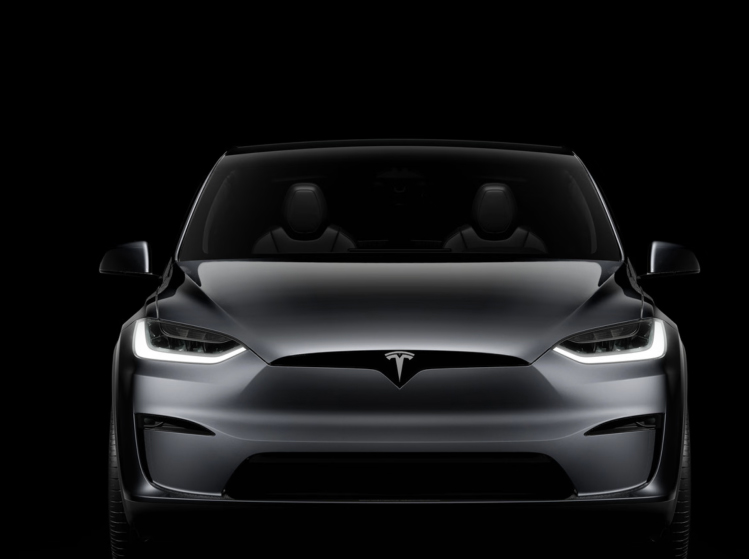The Rise of Electric Vehicles: Transforming the Automotive Landscape
Introduction to Electric Vehicles
Electric vehicles (EVs) have surged in popularity over the last decade, promising a more sustainable future in transportation. Unlike traditional internal combustion engine vehicles, EVs are powered by electricity, which can be sourced from renewable energy. This shift is driven by growing environmental concerns, technological innovations, and supportive policies from governments worldwide.
Historical Context and Evolution
The concept of electric vehicles is not new. The first electric cars appeared in the 19th century but were overshadowed by gasoline-powered cars due to the convenience of fueling and longer range. However, the 21st century brought renewed interest in EVs, sparked by rising fuel prices, climate change awareness, and technological advances in battery storage solutions.
Technological Advancements in EVs
Recent years have witnessed significant technological advancements that have made electric vehicles more viable and attractive. Key developments include:
- Battery Technology: Improvements in lithium-ion batteries have increased energy density, reduced costs, and extended the driving range of EVs, making them competitive with gasoline vehicles.
- Charging Infrastructure: Expansion of charging networks has improved significantly, reducing range anxiety for EV owners. Fast charging stations can now charge an EV battery to 80% in less than an hour.
- Regenerative Braking: This technology recovers energy that would otherwise be lost during braking, converting it into electricity to charge the battery.
- Integration with Smart Grids: EVs are increasingly being integrated with smart grid technology, allowing for smarter energy management and the ability to return electricity to the grid during peak demand.
Environmental Impact and Benefits
Electric vehicles offer numerous environmental benefits over conventional gasoline and diesel engines. These include:
- Reduced Emissions: EVs produce zero tailpipe emissions, which significantly reduces the total greenhouse gas emissions per vehicle, especially when charged from renewable energy sources.
- Energy Efficiency: Electric motors are far more efficient than internal combustion engines, converting up to 60% of the electrical energy from the grid to power the wheels.
- Reduced Noise Pollution: EVs operate much more quietly, contributing to less noise pollution.
Market Trends and Future Prospects
The market for electric vehicles is rapidly growing and evolving. Factors contributing to this growth include:
- Government Incentives: Many governments offer substantial incentives for EV buyers, including tax rebates, grants, and exemptions from certain fees.
- Corporate Adoption: Companies are increasingly adopting EVs for their fleets, driven by corporate social responsibility goals and cost savings on fuel and maintenance.
- Innovation in Autonomous and Connected Vehicles: The convergence of EV technology with autonomous and connected vehicle technology is creating new opportunities and business models in the automotive industry.
Looking ahead, the continued advancement in battery technology, along with more stringent environmental regulations, will likely propel the adoption of EVs even further. Industry analysts predict that EVs could dominate the automotive market by 204, signaling a significant shift in how we think about transportation.
Conclusion
The rise of electric vehicles is an integral part of the global shift towards sustainable transportation. With ongoing advancements in technology and increasing support from governments and businesses, EVs are set to revolutionize the automotive industry, offering a cleaner, more efficient, and sustainable option for the future.
© YourCompanyName. All rights reserved.





Comments (0)